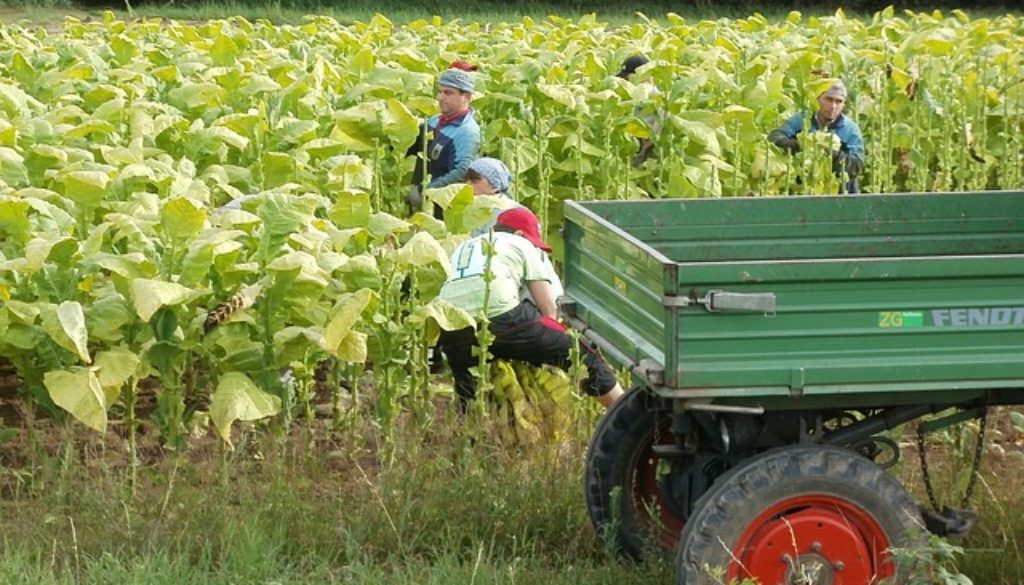End the Exploitation of Child Labor on Tobacco Farms
By Emily Gardner, Public Citizen
All children – regardless of immigration status – deserve a safe childhood free of the toxic effects of nicotine poisoning. A recent article in The Washington Post Magazine highlights the devastating conditions on tobacco farms, where employers permit young children to labor for hours on end in the sweltering heat, often providing little access to water or protective gear. As a result of handling tobacco plants, child tobacco workers may experience symptoms consistent with acute nicotine poisoning, including nausea, vomiting, headaches, and dizziness. Many of the children and their parents are undocumented, leaving them vulnerable to employer exploitation. (In recent years, Human Rights Watch has documented the dire conditions for child workers on tobacco farms.)
 Take the case of Eddie Ramirez, one of the teenagers profiled in the Post article. Eddie, age 17, has been working in the fields since he was only 12 years old, even though he initially found tobacco work unbearable. Although he tried finding other, safer jobs, only tobacco farms would allow him to work without a green card or U.S. citizenship.
Take the case of Eddie Ramirez, one of the teenagers profiled in the Post article. Eddie, age 17, has been working in the fields since he was only 12 years old, even though he initially found tobacco work unbearable. Although he tried finding other, safer jobs, only tobacco farms would allow him to work without a green card or U.S. citizenship.
Many supporters of child tobacco labor argue that children like Eddie need to do this dangerous work in order to help their families make ends meet. Unfortunately, the Post’s article offers little critique of this flawed argument. In the early days of the Industrial Revolution, child labor proponents used similar arguments to justify children toiling in perilous factory jobs for low wages, a chapter in American history being replayed on tobacco and other farms today. In addition to putting children’s health at risk, child labor perpetuates the cycle of poverty by interrupting children’s education and limiting their future prospects.
Failing to protect children from hazardous labor is unacceptable. However, current U.S. law still permits children – younger than 12 years old in some circumstances – to work on tobacco farms, exposing them to nicotine, pesticides, and other dangerous conditions that could have long-term health consequences. In 2011, the U.S. Department of Labor (DOL) proposed a rule which would have banned child labor in tobacco and certain other hazardous work in agriculture.
Unfortunately, DOL pulled the rule in 2012 under intense pressure from agribusiness.
Recently, labor and children’s advocates have demanded that the government renew its efforts to prevent children from working in direct contact with tobacco in U.S. agriculture. Over 100 groups and nearly 50 members of Congress wrote letters calling on President Obama to ban this practice. In the final days of the Obama administration, our government should correct the grave mistake it made in 2012 and end the exploitation of child tobacco workers.

